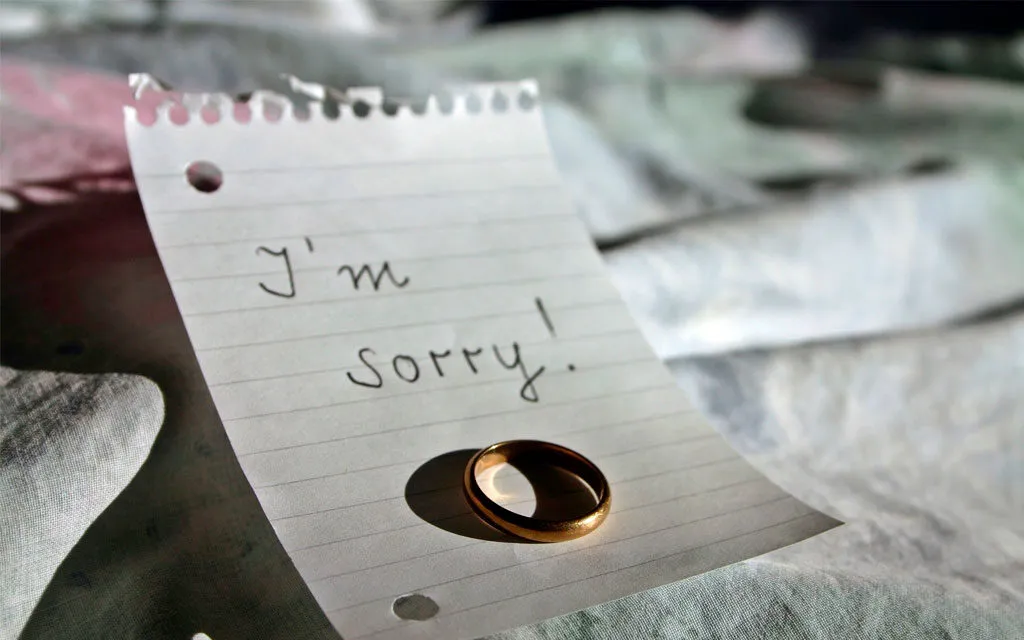Would you want your ex-spouse to maintain a power of attorney if you were to have an accident or get seriously ill? If you have gotten a divorce recently or you are planning to get one soon, it may be worth revisiting your estate planning to avoid unpleasant surprises. At Melone Hatley, P.C., our divorce lawyers have helped hundreds of Virginia residents to update their estate both during and after a divorce. We will ensure every scenario is covered in case of your illness or death so that your separated or former spouse is not making significant decisions for you.
How Is Marital Property Divided After a Divorce in Virginia?
Virginia is an equitable distribution state regarding the division of property. It is important to understand that “equitable” does not mean “equal,” as in 50/50. What it means is that all property that is considered part of the marital estate will be divided during divorce between you and your former spouse. What constitutes “just and fair” is determined by the courts, which consider several factors.
The objective of equitable distribution is for the courts to divide both the assets and debts accumulated during the marriage. To make a fair determination, the courts will consider the duration of the marriage, how much each spouse contributed emotionally, financially, socially, and structurally to the family’s well-being and to their property, the character of assets (whether they are liquid or non-liquid), any debts and liabilities, and tax consequences of property division.
The factors and circumstances contributing to the divorce can affect the division of property. Infidelity, abandonment, and cruelty can all be considered, for example, as the courts decide what is fair.
Schedule your free meeting with our team today to see if our Lawyers can help you.
How Does Divorce Affect Estate Planning in Virginia?
Divorce has a significant impact on estate planning. Depending on the documents you have in place, getting a divorce may or may not revoke the terms of your existing will or trust. The Code of Virginia, section 64.2-412 does provide some protections for testators after a divorce is final. This does not protect those who are currently separated or have a pending divorce case. This revocation does not apply to other family members of the testator’s ex-spouse. Gifts made to parents, siblings, step-children, and others will stay in place unless the documents are changed.
Does the Beneficiary Change After a Divorce in Virginia?
Divorce law under the Virginia Code Section 20-111.1(A) states that beneficiary designations and death benefits payable to your former spouse are revoked following the final decree of divorce or annulment. The only exception is if a written agreement or court order allows these benefits to remain in place.
If you need help and legal advice on how the divorce process affects your estate plan, our team can assist. Call us at 800-479-8124 or use our online contact form to schedule an appointment with our client services coordinators.
Click to contact our family lawyers today
Why Should I Create a New Will During a Divorce in Virginia?
Even though many of your former spouse’s rights and bequeathments under your old will automatically terminate upon divorce, it is a good idea to revise and revoke your documents while your case is pending. If you are separated but not yet divorced, the gifts made to your spouse will remain in effect. Among the most important reasons is to ensure that you still have a valid will and to avoid complications in interpreting your intentions. In the worst of situations, someone could make a motion to declare the entire will invalid, leaving you in intestacy, or dying without having a will.
There are many other reasons for this, but the three most important are as follows:
Your Assets Could Be Distributed in Ways You Would Not Like
Probate law gets very complex, and if you do not keep your will updated, it can be easy for your assets to be divided among beneficiaries you did not intend. It is also not a good idea to simply rely on state law. Laws can change, and by the time you die, it might be that there is no guarantee that your former surviving spouse’s rights will still be revoked.
A life insurance policy, for example, will need to be redistributed to a new beneficiary. You may also want to be sure that any minor children you have after your legal separation and divorce are still provided for after you pass on.
Divorce Does Not Always Revoke Trusts
Have you established a trust in your divorce, either to protect the interests of a beneficiary or as a tax shelter for some of your assets?
If, for example, you leave everything in a revocable trust to your spouse, and then you get divorced, the trust terms can remain in effect, and your surviving former spouse will get everything. A revocable trust can be changed during a divorce to avoid an ex-spouse getting everything, whereas an irrevocable trust cannot, and presents greater problems for you and your estate planning lawyer to address.
If parts of your trust are unclear, your ex-spouse could possibly end up as a residuary beneficiary, taking control of property not designated to someone else. Sometimes, a power of appointment may exist that allows your former spouse to take absolute outright property ownership.
If you don’t want to leave assets in the hands of your spouse, it’s time to revoke and update your documents. You will need to revoke or amend the trust with an amendment, and create a new will to avoid assets passing to someone you did not intend. Since trusts can be very complicated and require specific and unambiguous wording, you should always work with a family law and estate planning attorney to be sure your trust functions precisely the way you intend.
Choosing a New Power of Attorney
If your ex-spouse had power of attorney under your old estate plan, you would no longer have a power of attorney after the divorce. You want to choose a new power of attorney to make sure someone you trust has control over your critical decisions. This is particularly true if you remarry; most spouses after the remarriage assume their new spouse will have control over important decisions, but if it is not legally established, problems could result.
Beyond this, it is essential to immediately revoke any existing power of attorney before the divorce decree is final. What happens if you get ill or have a catastrophic accident during the divorce proceedings? Your former spouse may still have power over your decisions. Talk to your divorce lawyer and get the power of attorney revoked, then give a copy to any third parties in possession of the old one, such as any fiduciary, health care providers, and bank accounts, to put them on notice.
Schedule a call with one of our client services coordinators today
How Does Divorce Affect Inheritance in Virginia?
Inheritance that you have already received is presumed to be separate property under Virginia divorce law. This means that if you or your spouse get an inheritance during the marriage, that inheritance is not considered during the division of marital property. Sometimes, certain exceptions can be made, but these are extremely rare. You will need the help of a divorce and family law attorney to ensure the equitable distribution of property is fair.
Should I Hire an Estate Planning Lawyer During a Divorce in Virginia?
If you are going through a divorce, everything about your estate plan could be called into question in ways you did not foresee. An estate planning lawyer’s services can help protect your assets and ensure that the correct beneficiaries are named across the board. It can protect you from powers of attorney granted to vengeful ex-spouses and ensure that your will remains valid and that all the small details have been addressed.
Your will is more than just your legacy. It ensures that the people you leave behind are protected. It provides that your children, your new spouse if you remarry, and any others you want to function as beneficiaries to your estate receive precisely the things you want them to get. To be sure that every detail is acknowledged and to protect the validity of your estate, it is essential to have an advocate who knows how probate works and understands the intricacies of estate planning and family law.
Convenient Divorce and Estate Planning
The only thing better than having a divorce lawyer and an estate planning attorney in your corner is having a single attorney who is well-versed in both areas of the law. At Melone Hatley, P.C., we provide comprehensive legal services for divorce and estate planning issues. This allows you to take care of everything you need all at once.
When you work with our attorneys, you will not have to worry about overlooking a detail in your will. We can help you ensure that your trusts are protected, the people you choose to have power of attorney can make your decisions when necessary, and that only the people you document will benefit from your estate. We will also be a compassionate ally when you need one. We value a compassionate attorney-client relationship above all else, and we will be right by your side every step of the way.
If you are facing a divorce in Virginia, seek experienced legal representation to avoid confusion and frustration throughout the process. Protect your assets and estate, and let us help you do so. Contact the law offices of Melone Hatley, P.C. at 800-479-8124, or use our easy online contact form to get in touch with us and schedule an appointment with one of our client services coordinators today.
Schedule a call with one of our client services coordinators today.





